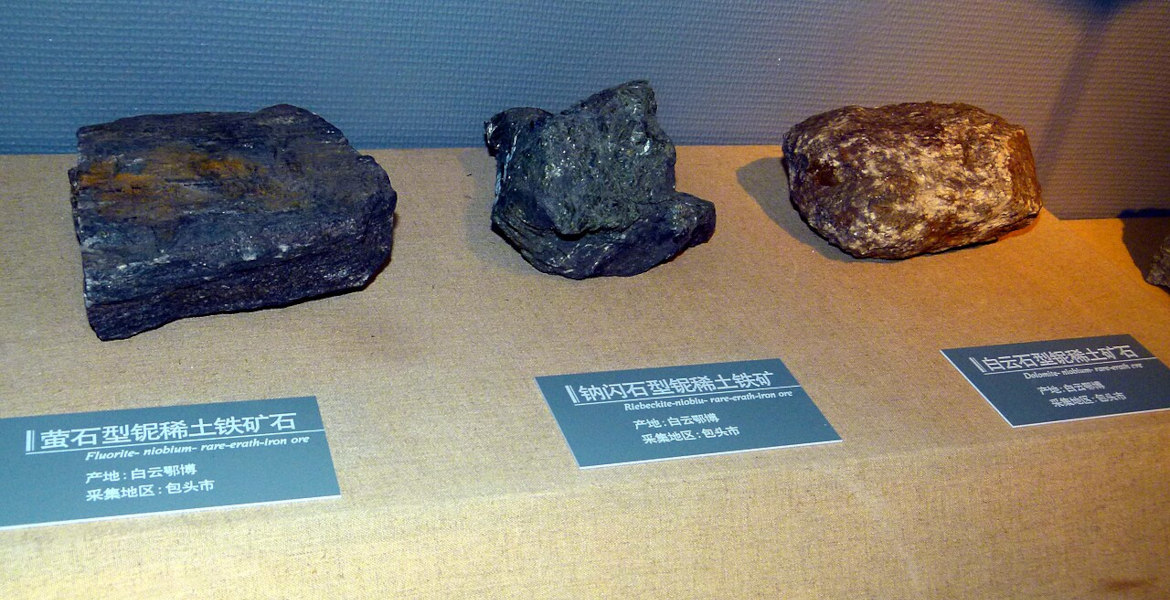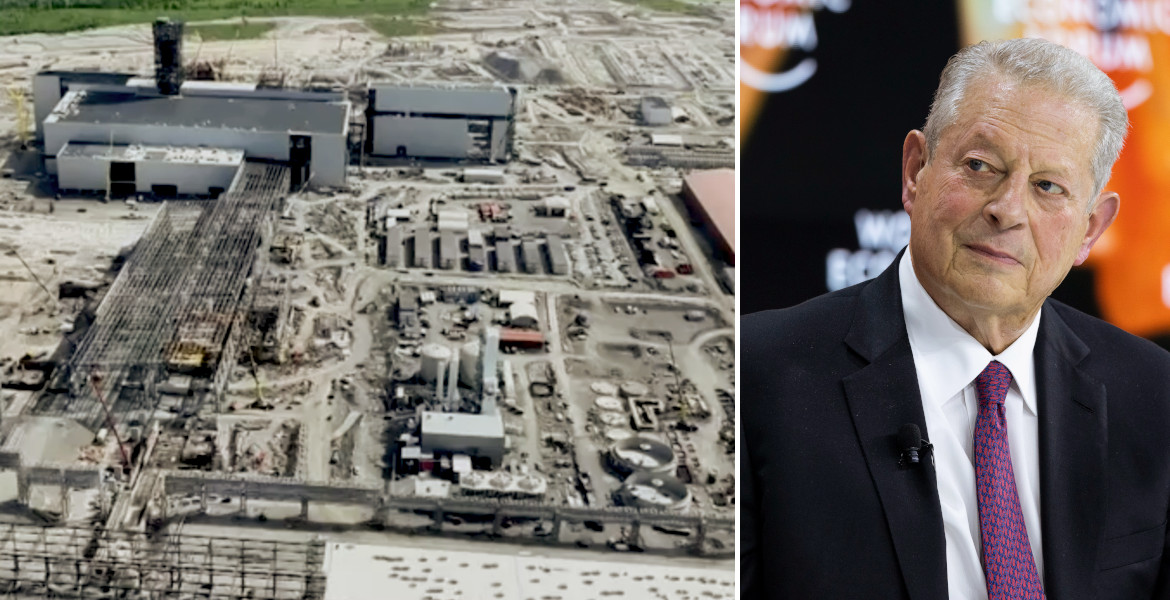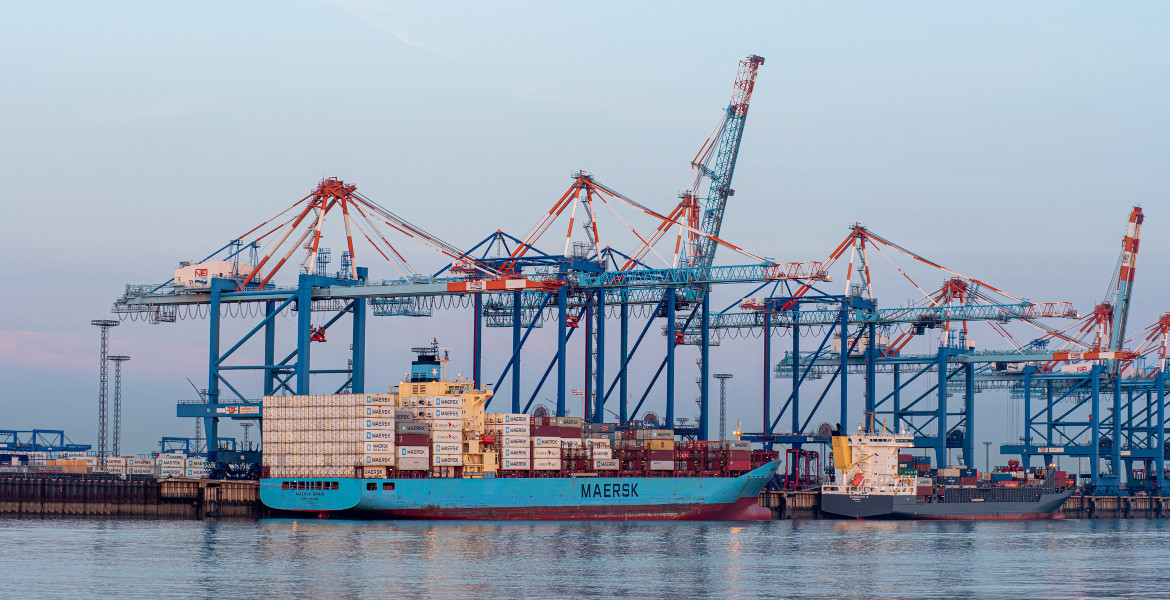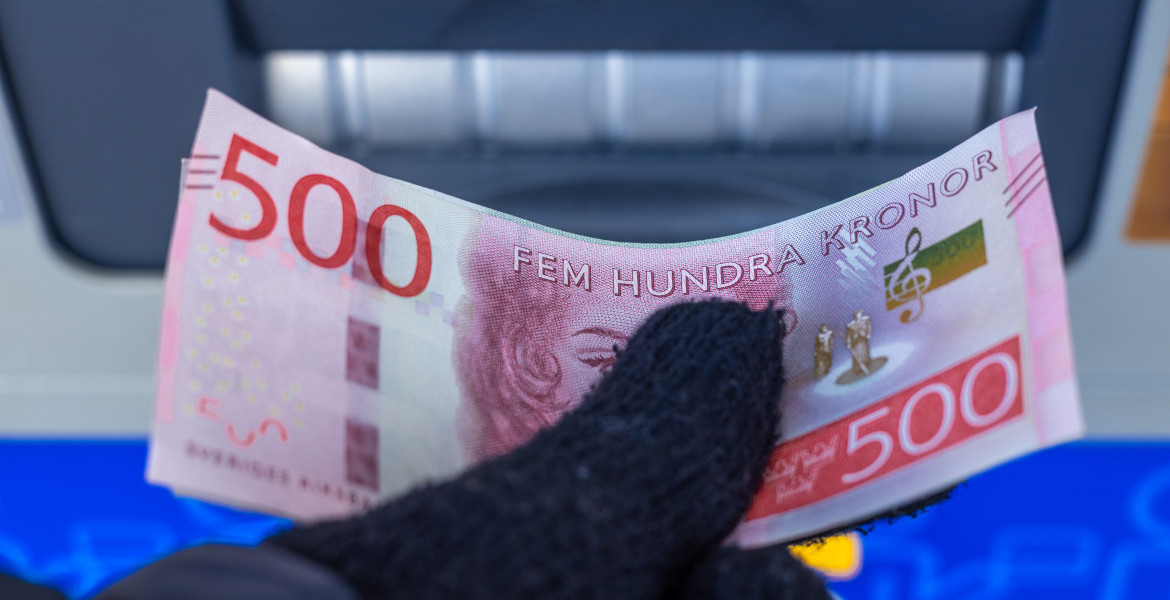German companies are reportedly being forced to hand over sensitive industrial information to China in exchange for time-limited licenses for deliveries of rare earth metals. The demands have raised concerns for Germany's economy and security.
German industry has found itself in a difficult dilemma in the wake of China's growing dominance over the production of rare earth metals, reports Bloomberg.
Since spring 2025, China has introduced extensive export controls and requires companies wishing to import critical raw materials to disclose detailed information about their operations. This can include product images, data on mineral usage, production flows, annual statistics and future forecasts, as well as customer lists.
This has quickly become a requirement for obtaining even temporary import licenses – licenses that often are valid for as short a period as six months.
China today dominates a large portion of global refining and processing of rare earth metals, making many European economies heavily dependent on Chinese supplies. German industry can be said to be particularly exposed.
China’s expansion of export controls to production facilities outside of China is a concern being discussed in Germany and at the EU level, a German Economic Ministry spokesperson said https://t.co/Tdc4NylaWM
— Bloomberg (@business) October 10, 2025
Difficult trade-offs for German industry
The new regulations have already forced several smaller manufacturers to shut down, while larger players now face difficult trade-offs: disclose sensitive information and risk competitive disadvantages, or risk losing access to raw materials.
Trade relations have also been complicated by China now often requiring business information about customer bases and production chains in license applications. Analysts warn that through such data collection, China can map European companies' vulnerabilities and use them as strategic leverage.
The European dependence on Chinese supplies makes companies vulnerable to pressure, and creates broader concerns for economic stability and national sovereignty.
During 2025, the EU and German industry organizations have intensified pressure on Brussels and Berlin to accelerate the diversification of supply chains and secure alternative raw material sources.
Several initiatives are being launched to strengthen mining operations and semiconductor production in Europe, but experts warn that the path to independence is long.
Ultimately, the situation illustrates how China's control over strategic raw materials can quickly be transformed into an instrument of power in global trade relations. For German companies, the demands represent significant uncertainty regarding trade secrets, competitiveness and supply stability.







